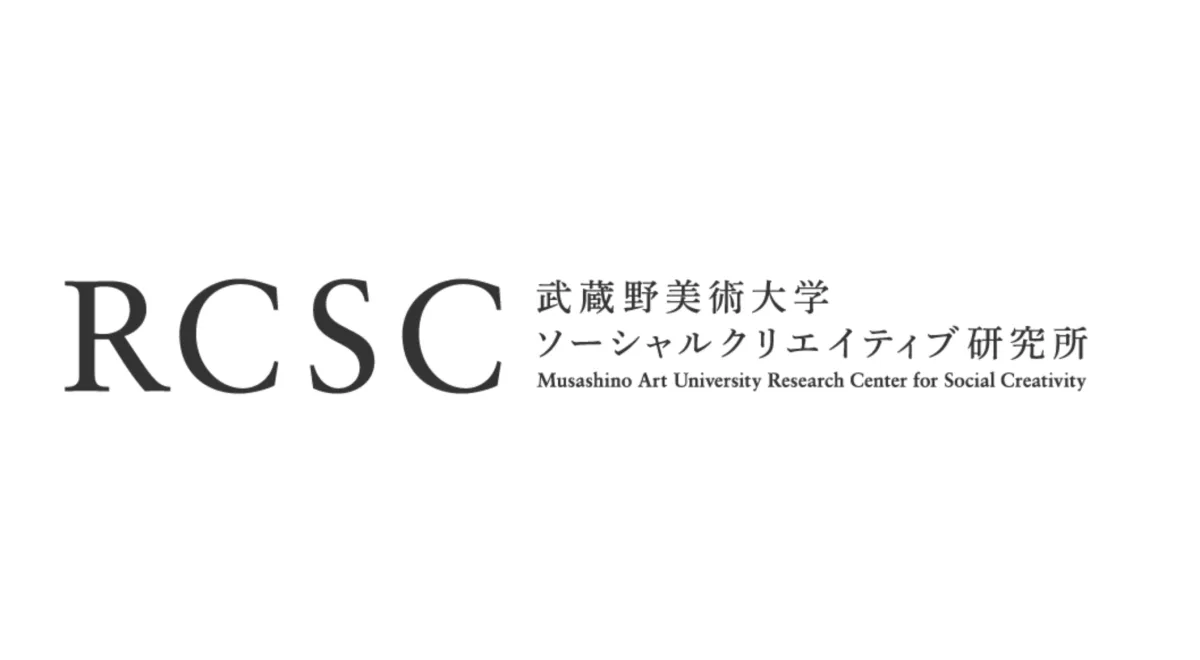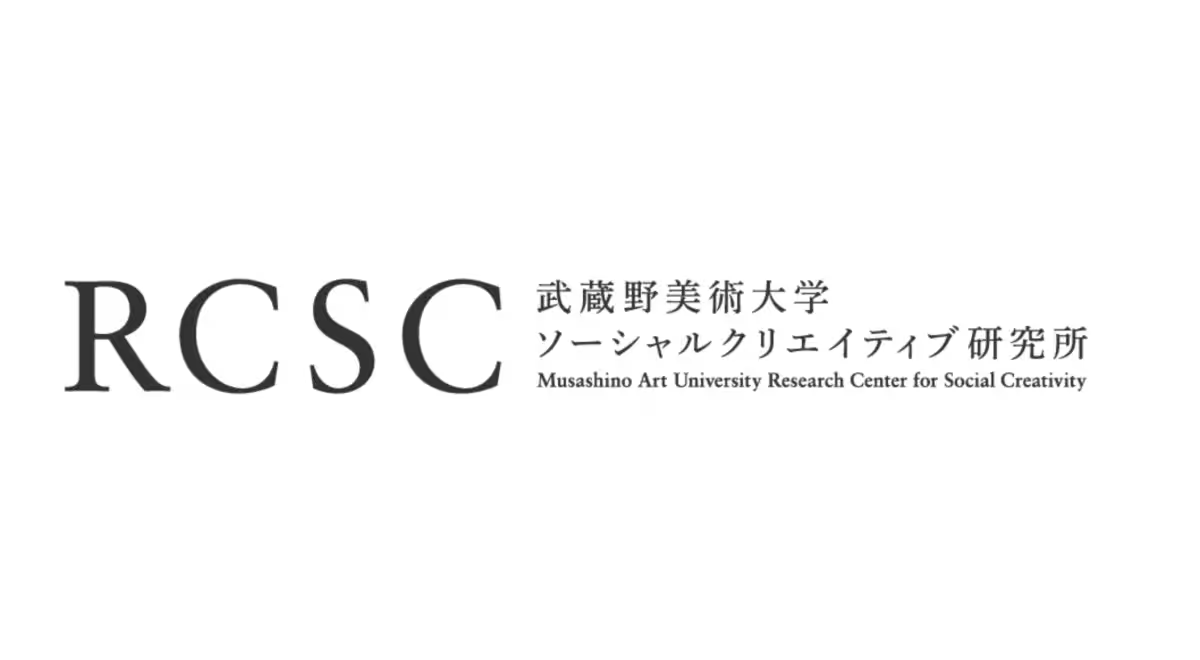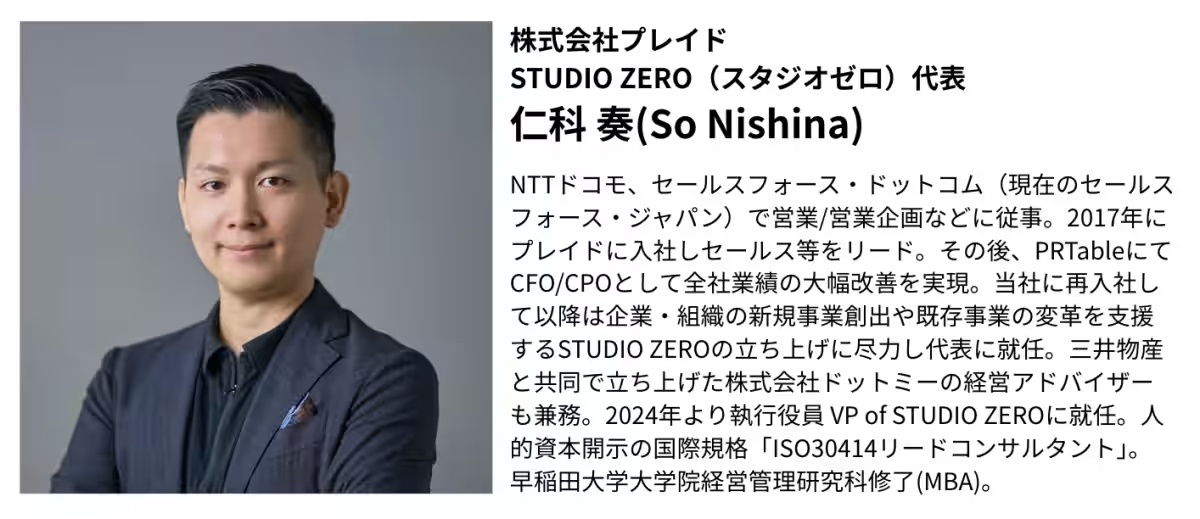

STUDIO ZERO's Kanade Nishina Appointed as Research Collaborator at Musashino Art University
Kanade Nishina Takes On a New Role at Musashino Art University
In an exciting development, Kanade Nishina, the head of STUDIO ZERO, has been appointed as a research collaborator at the Social Creative Research Institute (RCSC) of Musashino Art University, effective April 1, 2025. This opportunity marks a significant step towards strengthening the ties between academia and industry, emphasizing the importance of collaborative innovation.
Overview of Musashino Art University's Social Creative Research Institute (RCSC)
Established in 2019, RCSC serves as an urban-oriented open innovation creative hub. It operates from the university's Ichigaya campus and the Department of Creative Studies, focusing on contributing solutions to societal issues and fostering new human values. The institute aims to bridge the gap between art and social problems, making creativity a powerful tool for change.
The RCSC's research vision is built around three core themes: Designing Japan, Design Education for Everyone, and Designing the Future Life. Under these themes, RCSC has collaborated with numerous businesses and government entities on various joint research projects. The initiative reflects a growing recognition that design thinking can address complex social issues and transform society.
Expanding Research Activities
As RCSC seeks to broaden its research initiatives, the newly introduced collaborative researcher system allows graduates from the Department of Creative Studies to engage in research projects under the RCSC banner. This system enables the integration of fresh perspectives from recent graduates and promotes a dynamic approach to creative research. Acceptance into this program requires the approval of both a recommending full-time researcher and the governing committee of the institute, ensuring the caliber of research remains high.
Research Vision Breakdown
1. Designing Japan – Recognizing the fields within public administration and local governments that require innovative design approaches to better serve the community. The research aims to develop new project frameworks and reshape the vision of Japanese governance.
2. Design Education for Everyone – Acknowledging that design is no longer a discipline exclusive to professional designers, RCSC emphasizes inclusive educational strategies. The goal is to craft a curriculum that is accessible to civic members, business professionals, civil servants, educators, and students at all levels.
3. Designing the Future Life – Highlighting the transformations brought about by technology in daily aspects of life, from communication to work styles. This research area will explore future societal values and strive to influence lifestyle design positively.
Nishina's Vision for Collaboration
In light of his new role, Kanade Nishina commented on the significance of this collaboration between STUDIO ZERO and educational institutions. He stated, “For STUDIO ZERO, which is focused on transforming industry and society, working with educational institutions is a vital challenge. Through our joint research with RCSC, we aim to leverage our insights from private sector projects and community engagement to contribute to the practical implementation of research outcomes.”
Nishina further emphasizes that STUDIO ZERO is committed to pursuing innovation that transcends boundaries between industry, academia, and government bodies. The establishment of RCSC highlights a growing commitment to addressing urgent social issues through creative and collaborative means.
Related Developments
In another noteworthy initiative, STUDIO ZERO and Musashino Art University recently established the Culture Shift Design Institute aimed at accelerating cultural transformation within corporate environments. This collaboration underlines the importance of design thinking in reshaping corporate cultures to be more dynamic and responsive to contemporary challenges.
In conclusion, Kanade Nishina's appointment to RCSC is a promising development that reflects a deepening relationship between academic research and practical implementation in society. As STUDIO ZERO continues to push the envelope regarding innovation and collaboration, we can anticipate significant advancements in how design shapes our future.



Topics Consumer Products & Retail)










【About Using Articles】
You can freely use the title and article content by linking to the page where the article is posted.
※ Images cannot be used.
【About Links】
Links are free to use.